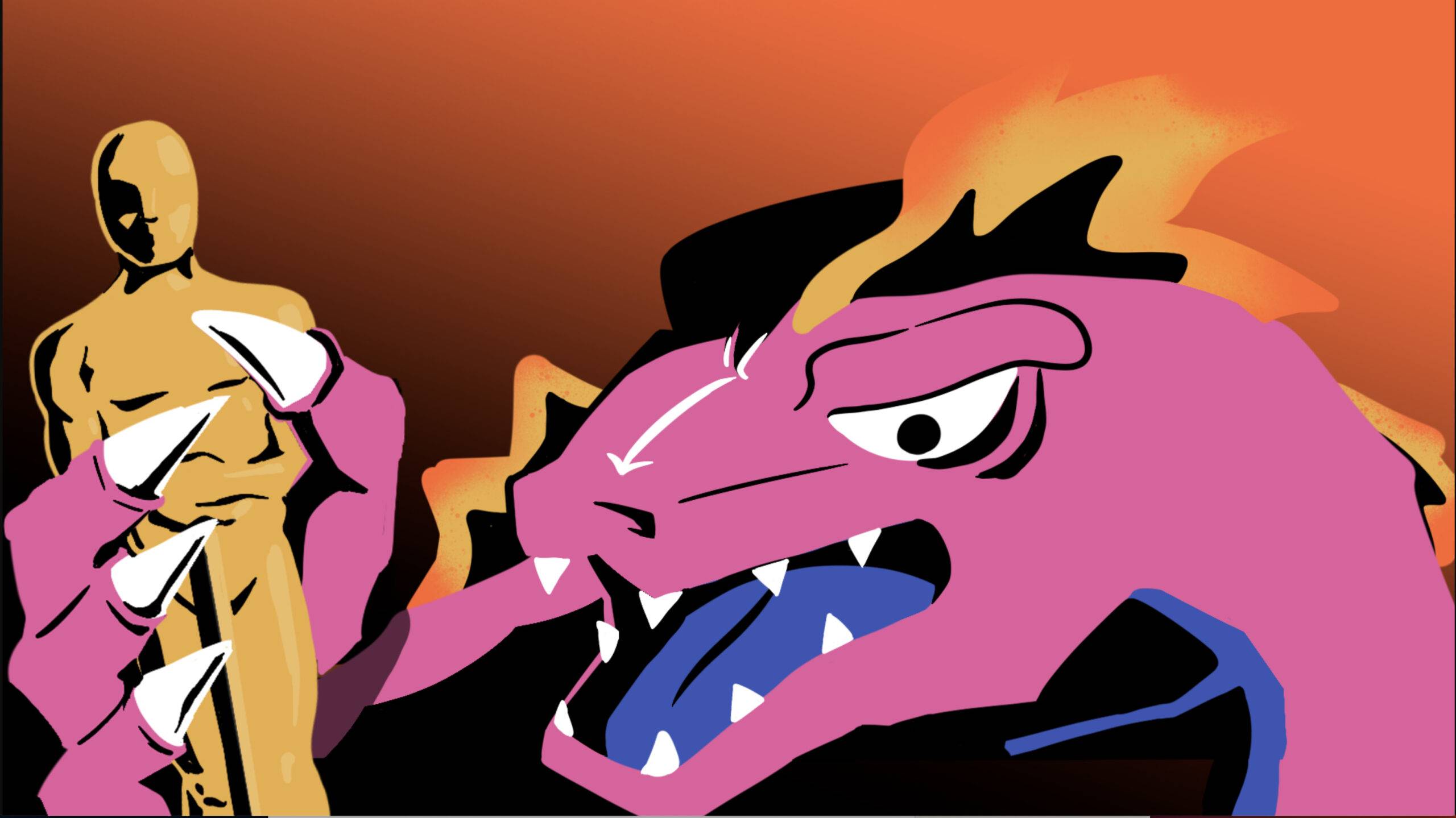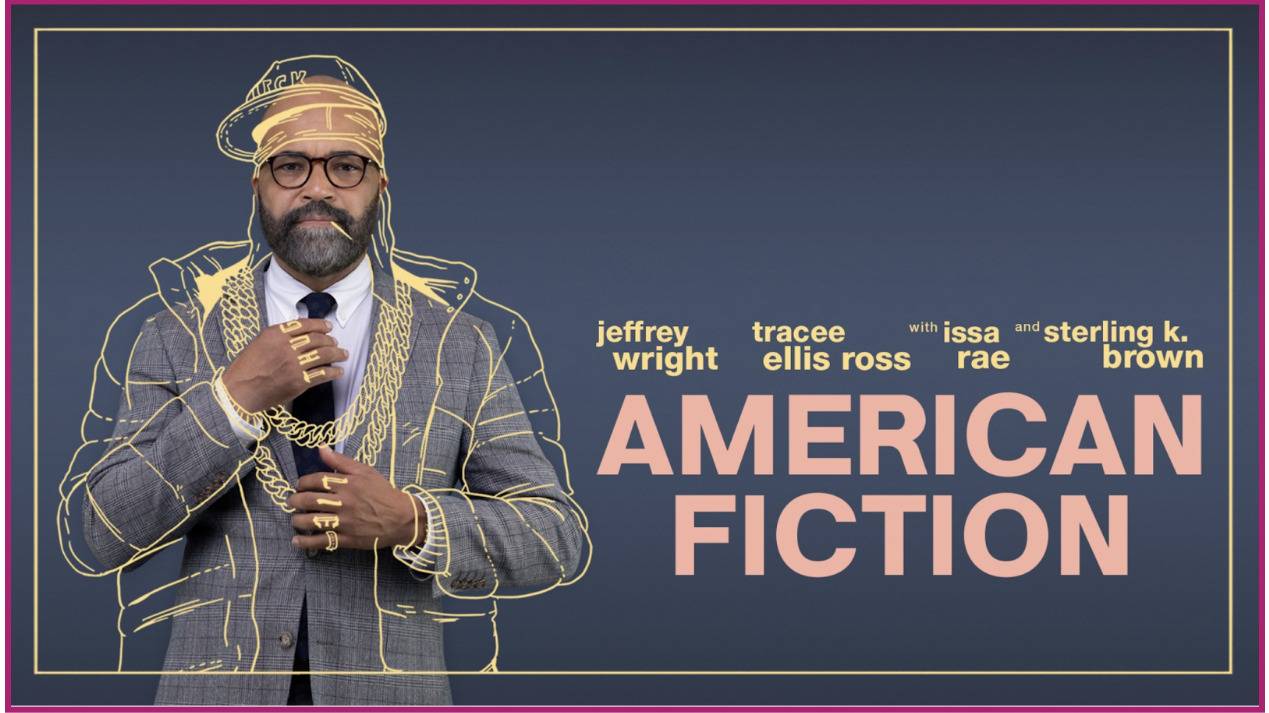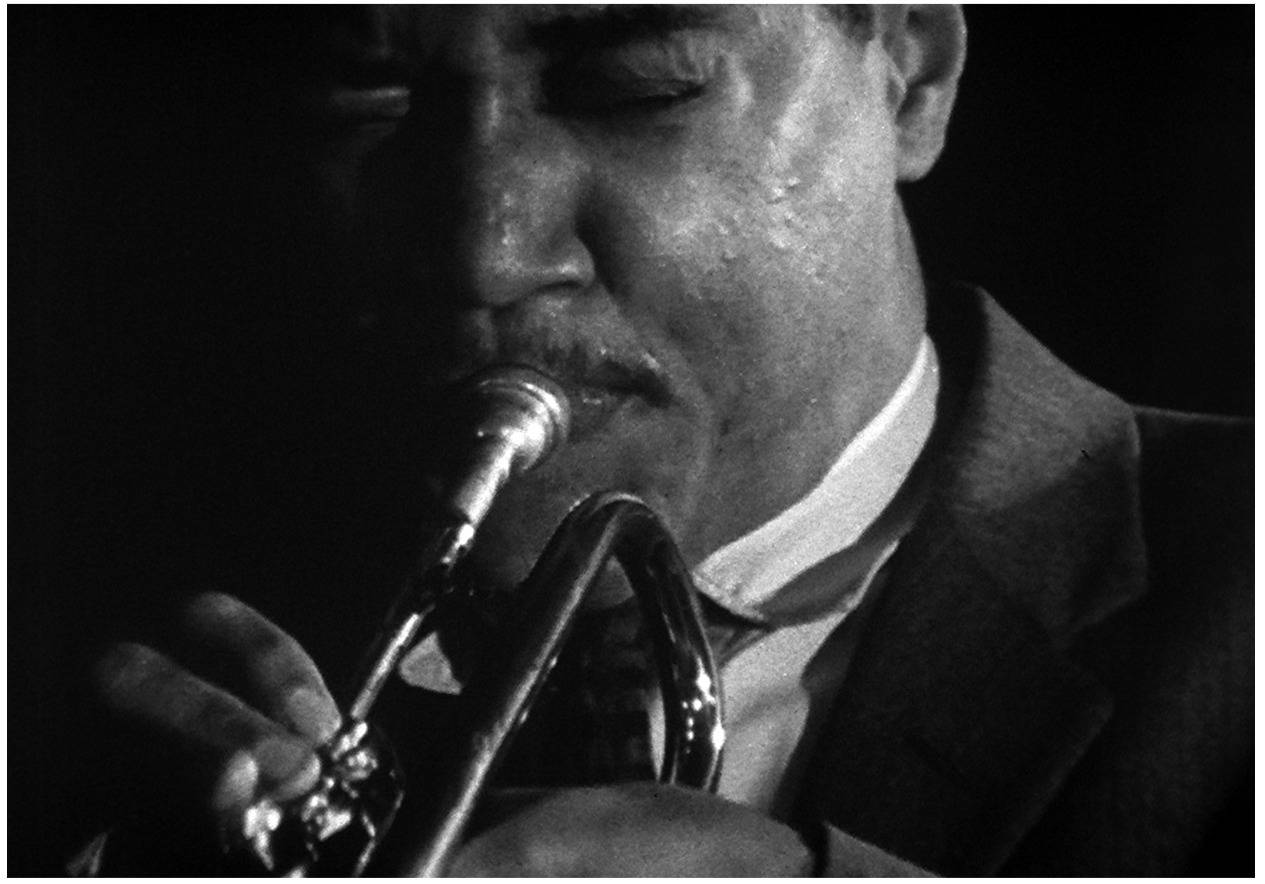Is America showing its true colors on the issue of skin color? I think it is. Recently a much anticipated blockbuster movie, “The Hunger Games”, written by Suzanne Collins and directed by Gary Ross, has been coming under scrutiny from die-hard “fans”. A significant number of these “fans” have been very upset with the casting choices of some of the series’ most important roles. The characters, Cinna, Thresh, and Rue all have something in common, they are played by black actors, and that is causing an uproar.
If these were real “fans” they would know that the characters Thresh and Rue are actually black or minority characters according to the novel. The book clearly states in the book on page 45, the description of Rue:
“And most hauntingly, a twelve-year-old girl from District 11. She has dark brown skin and eyes, but other than that she’s very like Prim in size and demeanor…”
Later there is a description of Thresh: “ the boy tribute from District 11, Thresh, has the same dark skin as Rue, but the resemblance stops there. He’s one of the giants, probably six and half feet tall and built like an ox.”
The funny thing about these “fans” is their pure lack of basic reading comprehension, because the author clearly states that these two characters have “dark” skin. To be fair, dark skin could mean any minority, really— Asian, Latin, Indian, or Black—but the author Suzanne Collins did an interview in April 2011 with Entertainment Weekly stating, “They’re African American.” This was about the characters Thresh and Rue.
Not only are the characters described in the novel, but also the author states herself that the characters are African American. What’s even more ironic is that the book is set in a post-apocalyptic world where there has been “a lot of ethnic mixing.” This is interesting, considering one theme of the book is how people beneath the government are all in the same position whether they are the same color or if they are a variety of different colors. But instead of taking in the strong multi- and post- racial themes of the book the “fans” are spreading hate all over Twitter:
“Awkward moment when Rue is some black girl and not the blonde innocent girl you picture”—Aiana Paui, via Twitter.
Or:
“I was pumped about the Hunger Games. Until I learned that a Black girl was playing Rue.”—John Knox IV, via Twitter.
And the most blatantly racist “Sense when has Rue been a n—–.” —Cliff Kigar, via Twitter.
What is truly unnerving is the fact that for once a director finally cast the characters the way they were portrayed and described in the novel, and people have the nerve to bitch about it. Additionally, the minority actors have roles that are not as demeaning as traditional “black” roles. They are not stereotypes or caricatures of black people, which is a refreshing change from what Hollywood usually throws at us. Most of the time, unless the actor is Will Smith, Denzel Washington, or Halle Berry, they end up being a racist stereotype of how black people really “are.” Unfortunately, minorities whether, Asian, Latin, Indian or African, are portrayed as stereotypes. As the media continue to perpetuate these ideas, it is very hard for people to truly let go of their prejudices. I wholeheartedly believe that if the media and Hollywood let go of their racial biases, then so will America.
Although this is very upsetting, it is very impressive to see the different actors and actresses from “The Hunger Games” speaking out against the racism and backlash and supporting how great of a film and novel The Hunger Games is. It is truly disappointing and disturbing to realize that racism to this extent still exists, especially since it is 2012.






















